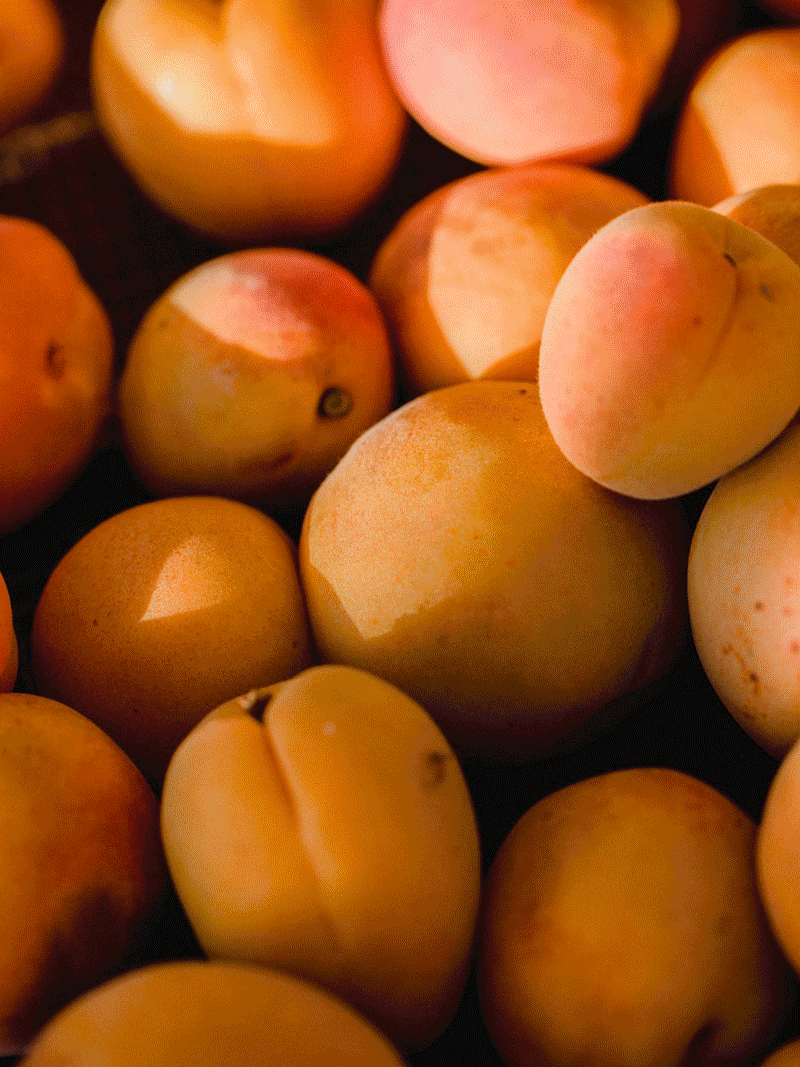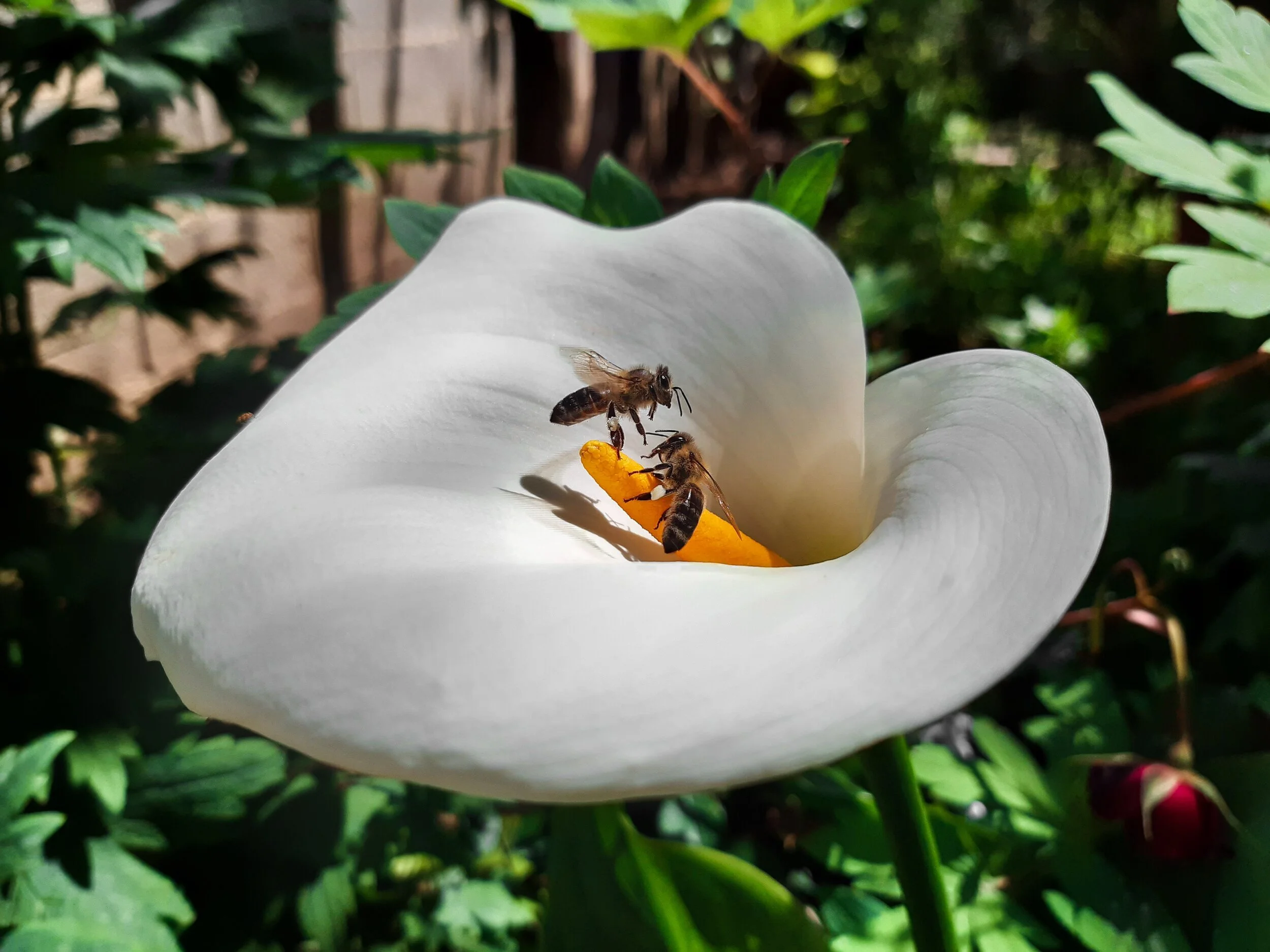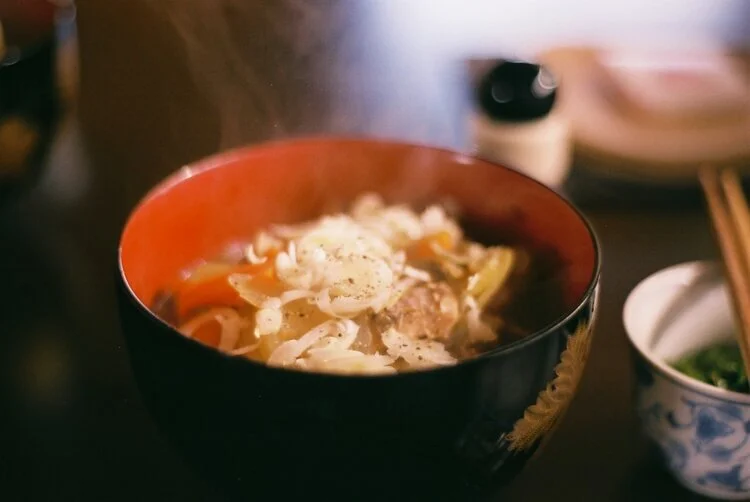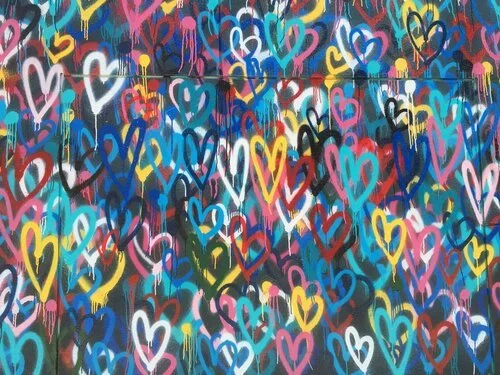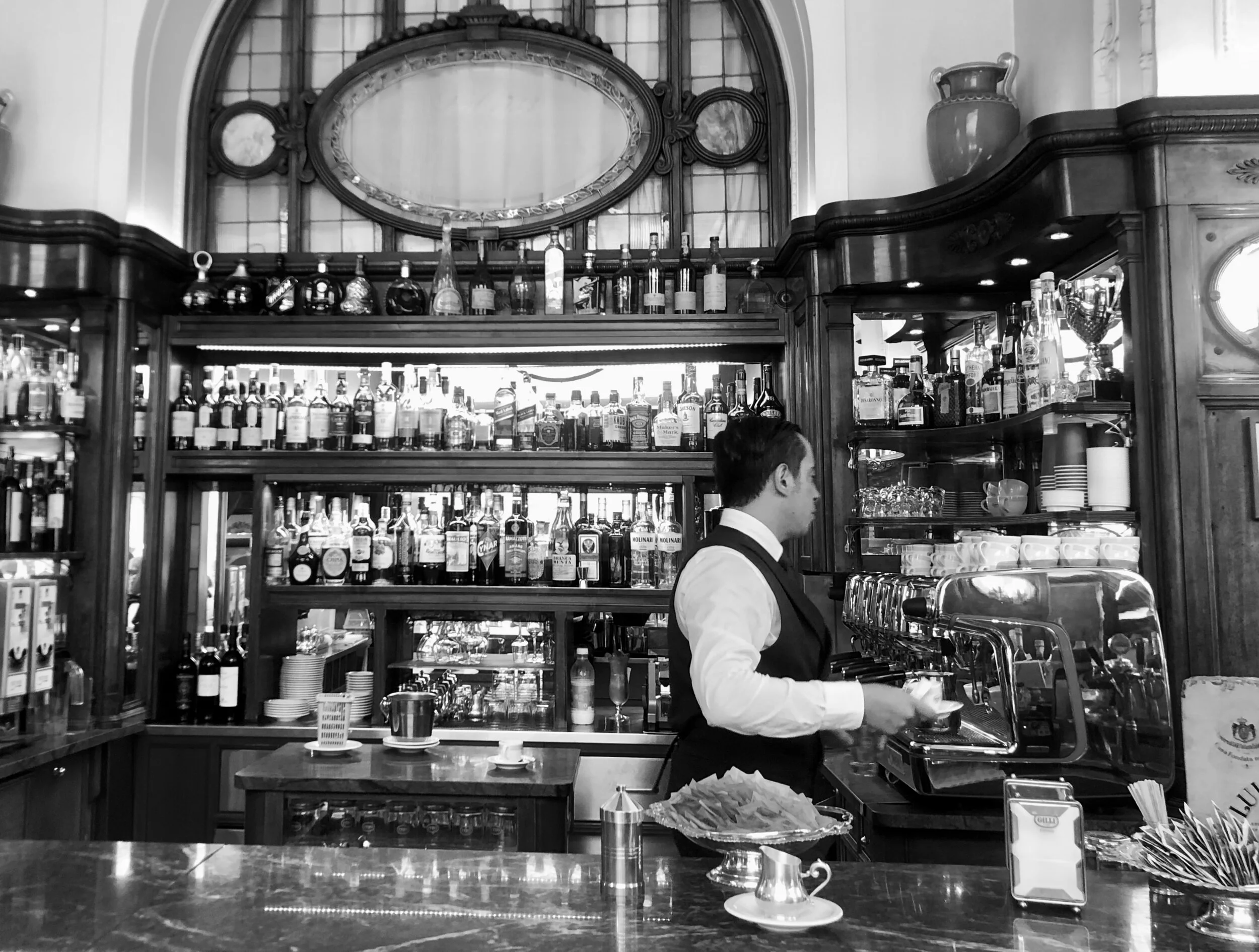
So many incredible people identify as, or strive to be, multi-hyphenates. Teacher-actor-mother. Writer-painter-singer. But a multi-hyphenate café that is known for crafting globally-inspired pastries, investing in their community, being a hub of learning, not to mention their unflinching commitment to sustainability? Well, that’s not so common.
Café du Pain, founded by former teacher Marie Onyeani, alongside her sister and investor Judithe Registre, is enriching the community of Lawrenceville, New Jersey daily—churning out wholesome, delicious, culturally-inspired baked goods to customers, providing community projects that teach kids and adults new skills, and donating food to frontline workers and those in need. The Dimmi Project sat down with Judithe Registre to delve into the bakery’s flavorful roots, inspirations, and of course, language. Read on, and visit their bakery, for the ultimate “passport to deliciousness.”
TDP: Can you talk a little bit about how Café du Pain’s baked goods are inspired by cultures and languages?
JR: Café du Pain was inspired by Creole patties from Haiti. A big part of what we do as a business is connect people to the experience and culture of food, with a particular fondness and disposition for Creole, which is inspired by a whole mixture of different things. What we do as a bakery is both connect people to the cultural experience that is deeply embedded in the people who’ve built and work at the business, and also more deeply ground them in community. Food is culture, food is connection. Food helps us emotionally, physically and psychologically. And so when you think about it that way, you integrate culture into that [and then you get] this whole combination where we can get to know each other and break bread.
TDP: Café de Pain is so much more than a bakery, being a resource for community and providing a service also for those that are not direct paid customers due to economics and social inequalities. Would you say that food, in a sense, serves as a sort of language in and of itself?
JR: Food is a language— food is multiple languages, food is communication, food is our soul. Food is our heart. I think any business grounded in community must be considerate of what’s around it. Which is why there are a lot of classes associated with baking and connecting people to these different experiences around food. A large part of that language around community is “how do you activate the culture and the language that is built around food?” It's not just about customers coming in, but about actually engaging with the community.
[Take for example] the Birthday Cake Project, [where we provide cakes to] teenagers engaged in overcoming trauma. Instead of just talking about their challenges, they get to celebrate each other's birthday. It's a moment where people can build true resilience, which is about joy— it's not just about overcoming trauma. Celebration is a big part of that, and the language of celebration is cake. What it's really about is “how do we enforce the power of heart stability,” and joy is a big foundation for how we do that. The language of joy and love is celebration.
TDP: Do you or Café du Pain bakers ever bake using recipes in other languages? What have you learned through translating a recipe?
JR: Yes and no. The team that works at the bakery is quite diverse, in the sense that we have a long time cake-baker originally from Turkey, and then you have our director of customer service, who handles a lot of our relationship building. So the question around language is a question about experience. The recipes are created in English, because we're working in predominantly English, but where people's hearts and minds are is probably a completely different language.
Where I think it gets really profoundly interesting is with some of the volunteers in the classes where we have to think about how this translates to a child, because that's a different language. We [have a program where we] partner with a local school and work with kids with learning disabilities to teach them how to work in the food industry. That's a different language, too. So, when I think about language, maybe we both speak English, but [what’s on my mind] is “do we have the same soul of the word in English, does it mean to me what it means to you?” Part of communication is how our hearts connect and understand each other, and how we’re willing to actually just listen to who that person is. A big part of what we do at the bakery, both with customer engagement and community engagement, is really always looking for the right language. And I think this is the heart of culture.
TDP: Do you find that it interacts with your memory or sense in a different manner than a recipe in english does?
JR: For me, coffee is a big one. In terms of sourcing, coffee and memories are intrinsically linked. There are people who are classic coffee drinkers, but I drink coffee to connect to the memories of my grandmother. Growing up when I would visit her in the village, she would make very strong coffee and still to this day, I need to have my coffee very strong. That’s literally how I connect with her memory, of being in her presence and her energy.
TDP: What’s your favorite Creole or French word or phrase relating to food or eating?
JR: Bon bagay [Haitian Creole]. Which basically means “good things:” good tastes, goodness, delicious. You know, if you talk to someone, it's like, yeah, you know, bon bagay, good stuff. It means different things, but it's the right thing. It's a good thing.
This article is part of the Food edit of DIMMI DIGEST. Just like language, food is our collective blank canvas that begs us to inject it with creativity, with the ability to transform all people both physically and emotionally. The foods we eat and enjoy, acting as a reflection of our past as well as our innermost desires and dreams. Like language, the food that nourishes our soul will always be here for us, ready to be transfigured into whatever we need it to be at that moment.







